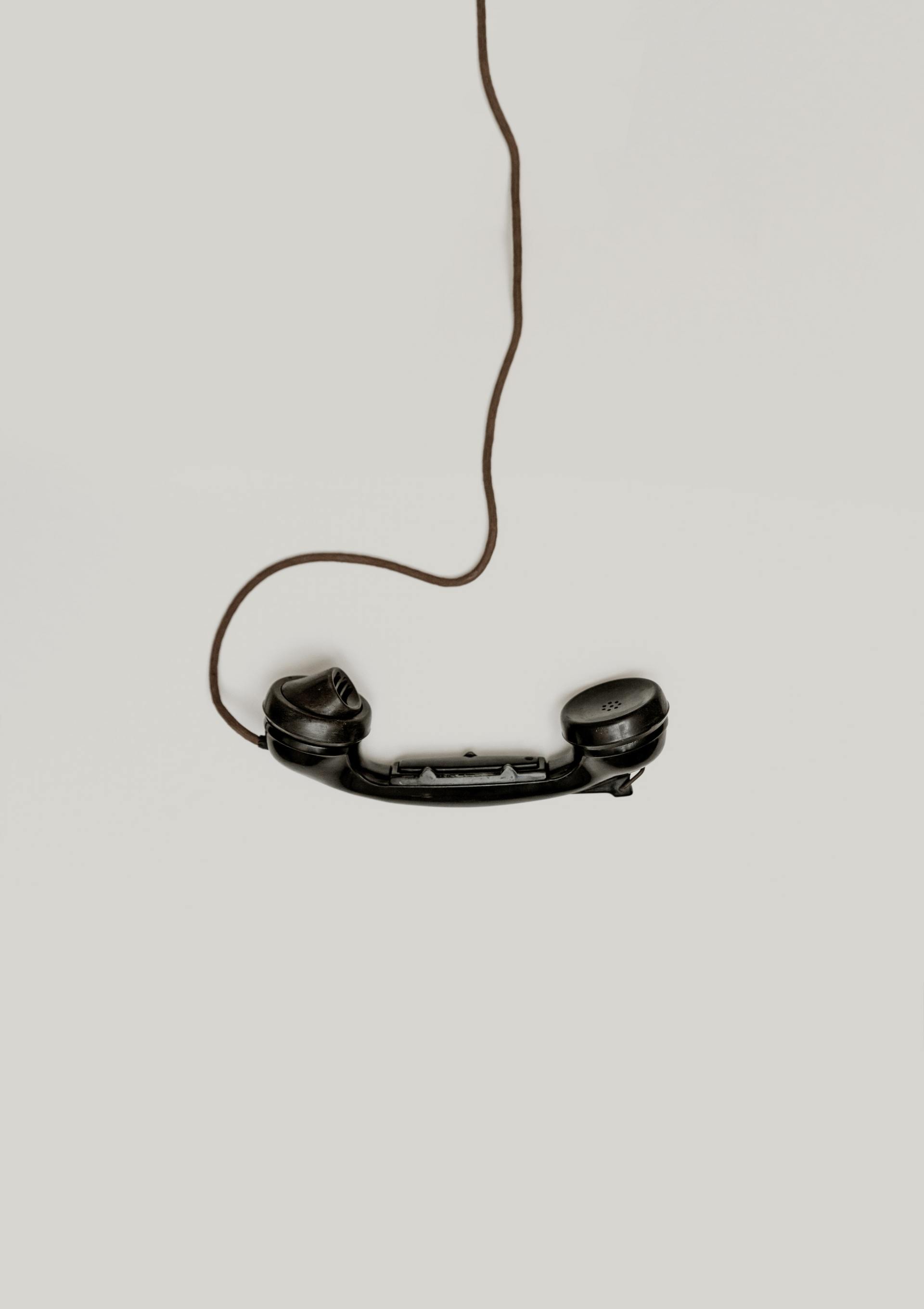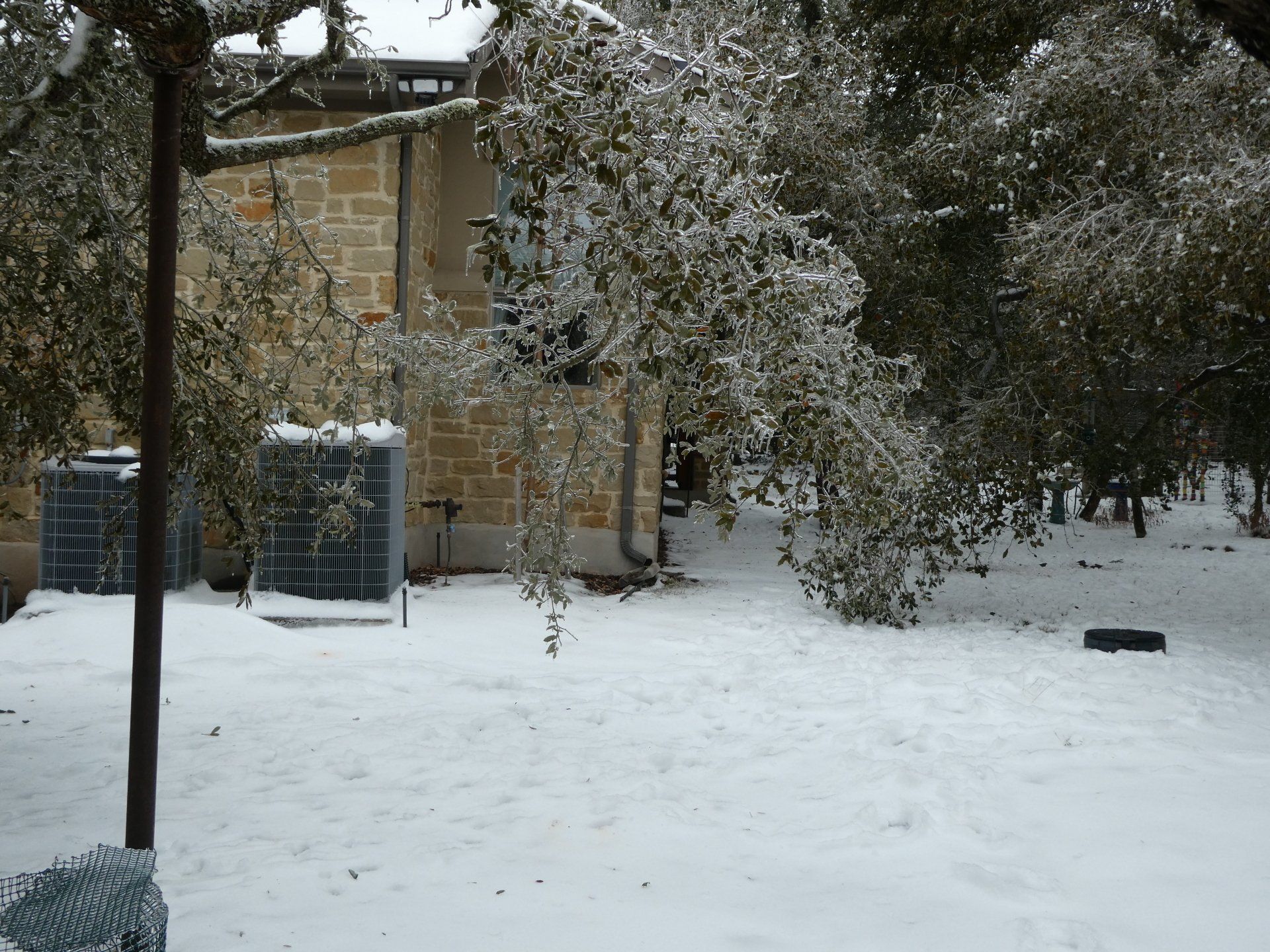How To Prepare for Death
The way we die is changing. For all but recent history, dying was typically a fairly brief process. Whether someone died from giving birth, from a childhood infection, from pneumonia, or a fall, the time between finding out you had a life-threatening ailment and death were usually just days or weeks. Who doesn't say "oh I just want to die in my sleep?" Unfortunately that probably won't be your ending.
Today a swift catastrophic illness is rare. For most people, death comes after a long medical struggle with an incurable condition – from cancer, organ failure, or heart issues. Death is certain but how long the person can be kept alive is unknown. Without well worded paperwork such as an advance directive (aka a living will) and the backing of your closest loved ones, the medical world will do all that they can to keep you alive.
Today a swift catastrophic illness is rare. For most people, death comes after a long medical struggle with an incurable condition – from cancer, organ failure, or heart issues. Death is certain but how long the person can be kept alive is unknown. Without well worded paperwork such as an advance directive (aka a living will) and the backing of your closest loved ones, the medical world will do all that they can to keep you alive.
It is important to have all the paperwork available to help speak your wishes when you cannot do so. You need to have discussions with your medical team earlier in life and with your loved ones as well as the paperwork put in order. Too many individuals complete paperwork but no one knows where to find it. Another story is when a loved one thinks they are helping by stating that your wishes were not true and that you would want to be kept alive for every possible minute no matter what the emotional and financial cost. This is why it is extra important that the person you appoint to speak for you (advance directive and durable power of attorney for health care) is someone with a level head that you trust.
In addition to the advance directive referenced previously, you need a POLST (it varies by State and the names differ) but states for a portable medical order. Almost every hospital asks to be sure that you have a DNR signed (do not resuscitate)
In addition to the advance directive referenced previously, you need a POLST (it varies by State and the names differ) but states for a portable medical order. Almost every hospital asks to be sure that you have a DNR signed (do not resuscitate)
though that only speaks to the use of CPR if you were to stop breathing.
Blogpost: Name a Proxy
Well before you find yourself in a life or death situation, it is suggested that you also have on paper:
- Beneficiary plans
- Notes about your favorite foods, specific wishes (such as massages and other caring tips), music
- Durable power of attorney (and/or health care and/or financial)
- Final letters to loved ones
- Funeral or donation plans/wishes
- Living trust, will (one or both)
- Passwords and key secrets (where is safe deposit box, special keys, airline/hotel miles, Facebook, and more)
- Power of Attorney
important that the document matches the requirements of the state in which you reside.






